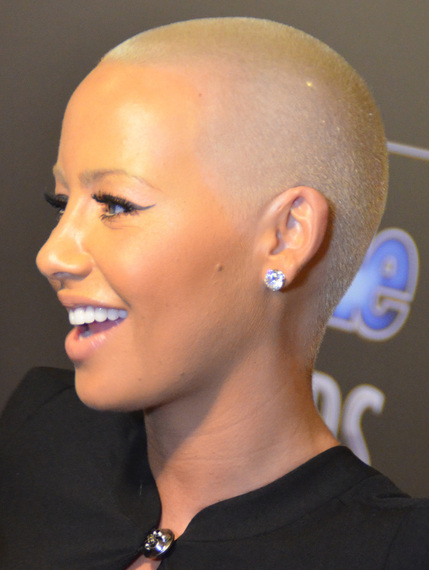Betty Friedan wrote The Feminine Mystique in 1963. Considered one of the most influential books in the feminist movement it introduced the second wave of feminism and further encouraged women's liberation. However, it faced several critiques, primarily its exclusion of the experiences of women of color.
I first read Friedan 3 years ago, also known as The Year of My Feminist Awakening. I expected some kind of epiphany, some kind of feminist "ah-ha!" moment. Instead, I wondered, like many women before me: Where were the voices of color?
That moment eventually arrived, almost 2 years later, when I discovered Bad Feminist, a collection of essays by author Roxane Gay. In this collection, Gay explores what it means to be a "bad feminist," in other words, what it means to believe in the idea of feminism yet love so many aspects of our culture that might contradict with how we personally define this movement.
Bad Feminist has become so important for me because it has allowed me to delve deeper into how I define my own feminism. Gay's work was the first time I read feminist writing from a woman of color. In her words, I saw a voice like my own, experiences like those I had lived, and it spoke to me, in a way that Friedan never has, and probably never will. It has helped me shape my narrative and allowed me to understand that believing in this kind of equality is never meant to be perfect. Instead, I constantly repeat Gay's words: "I am human. I am messy."
This quote was recently on my mind as I read Amber Rose's Time magazine interview. She describes making and losing $1 million and her former career as a dancer. She touches on her new book, her acting career, her businesses and even her world tour.
What's stood out for many, however, have been Rose's comments on seduction. Rose states, "It is extremely easy once you get to that point, and you can get anything you want out of them. And I know it might sound messed up, but once you get to that point... It's not using a man, it's literally getting what you want by any means necessary."
Admittedly, when I first read this, I wanted to tear it apart, as many have done already. I wanted to find reasons why Rose's statements were so wrong, why they were so "anti-women." But I took a step back and analyzed why I was so bothered by this proclamation. It is still a part of my own social, patriarchal conditioning to want to refute statements on or from women that I might disagree with. For so many of us, it has often been easier to accept when men make frank statements like Rose's. They are lauded, exalted as figures of power and independence.
Amber Rose also deserves our praise.
Rose's frankness on pretty much any topic is part of the reason why I admire her. While being extremely comfortable with the feminist label, this was not always the case. She states, in an interview with Cosmopolitan, "I was always about girl power, but I didn't quite get it because I did always feel like I had to be completely submissive to a man."
She also discusses her work as a teenage dancer as a way to support her family, adding, "I was young, beautiful, I was onstage, I wasn't really ashamed of my body." Rose has often used this experience to discuss the stigma placed on sex workers. She is also a writer. In her book, How to Be a Bad Bitch, published by Simon & Schuster, Rose describes growing up in Philadelphia, her love life and the growth of her career. Most importantly, she encourages her readers to work hard, enjoy life and love themselves.
Most recently, Rose filmed "Walk of No Shame" with Funny or Die, in which she subverts the notion of slut shaming often hurled at women. In October, she led the Amber Rose SlutWalk. Hundreds of women attended the Slutwalk. Many carried signs that read "My Clothes Are Not My Consent," No Is Not Maybe" and Women Aren't Objects." The Walk was a "completely inclusive space" where the focus was on discussing the "shaming, oppression, assault and violence" that affect "women of color, transgender people and sex workers."
Amber Rose is controversial. Mostly, because she consistently subverts notions on how women should behave, how we should act, how we should dress. She constantly challenges us to alter our own conditioning, to ask ourselves, "If men can, then why can't women?" She is not perfect, and she does not want to be. She wants us to realize that women are complex, flawed. This is what makes us powerful.
Rose is a "bad feminist because [she is] human." Like Roxane Gay. Like me.
